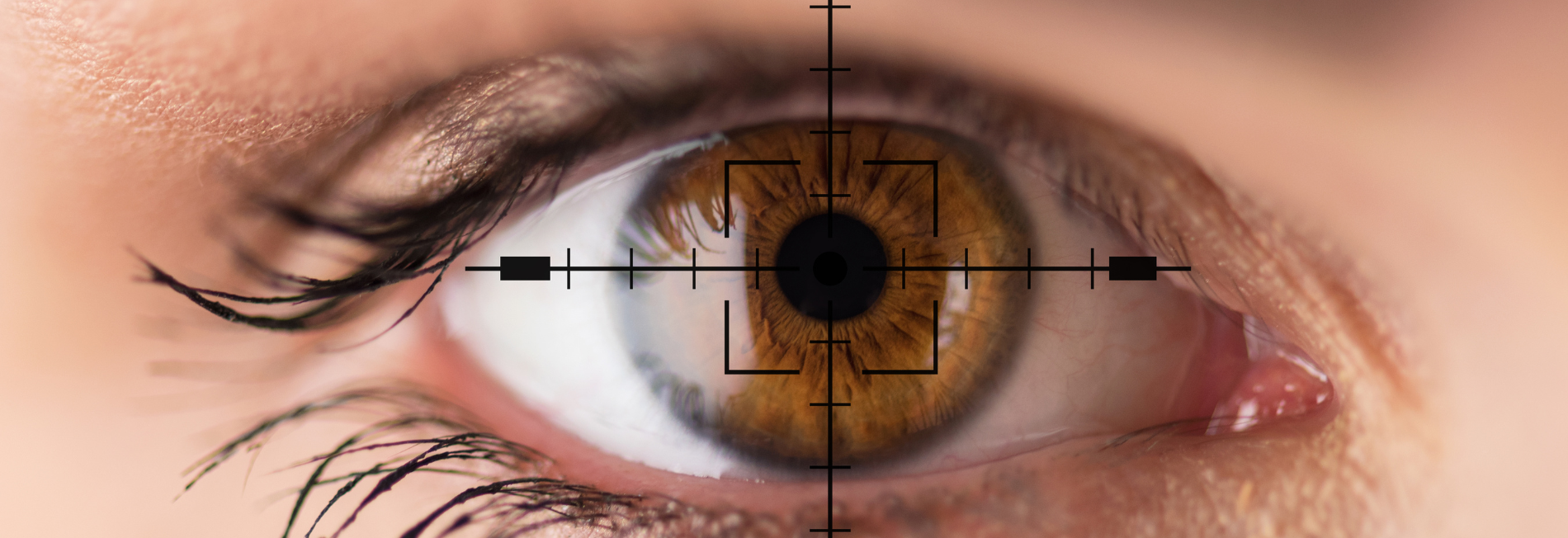Eye Movement Desensitization and Reprocessing Therapy (EMDR) is a gentle and highly effective therapeutic approach offered in our counseling practice. It's designed to provide you with a supportive and compassionate space to address and heal from distressing or traumatic experiences.
EMDR is based on the understanding that emotional wounds, like physical ones, can be healed. Following a traumatic experience, individuals frequently struggle to comprehend the event's impact. EMDR therapy serves to reestablish a connection between the traumatized person and the images, thoughts, emotions, and bodily sensations linked to their specific trauma. It involves a structured, phased process that incorporates eye movements, bilateral stimulation, and guided imagery to help you process and reprocess distressing memories.
Diverging from other therapies that primarily target the emotional and cognitive aspects of traumatic experiences, EMDR therapy directly addresses the memory itself. Its objective is to modify the way the brain stores this memory, ultimately diminishing or even eradicating the distressing symptoms associated with it. By doing so, EMDR allows you to reduce the emotional charge associated with these memories, ultimately leading to healing and emotional relief.
This therapy is especially valuable if you've experienced trauma, anxiety, or other challenging life events. It can help you navigate the distressing thoughts and feelings that might be affecting your day-to-day life. EMDR empowers you to transform those experiences into sources of strength and resilience, ultimately guiding you towards a healthier, more positive future.


